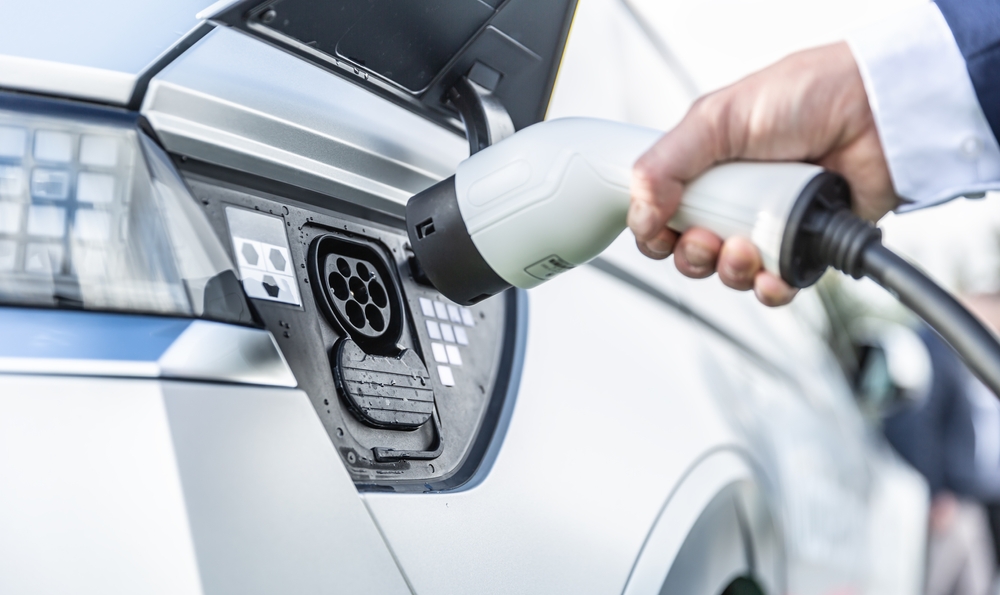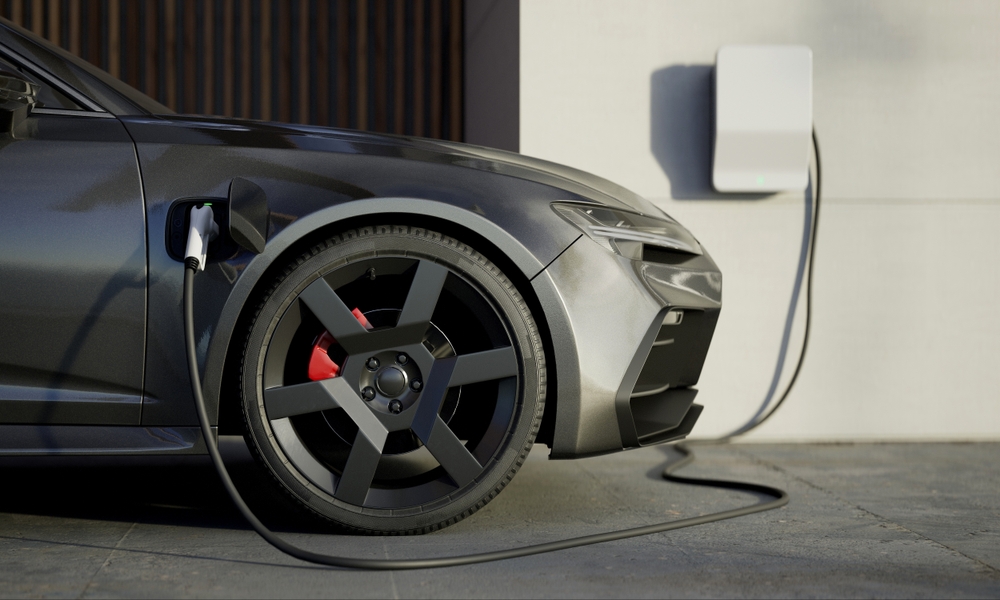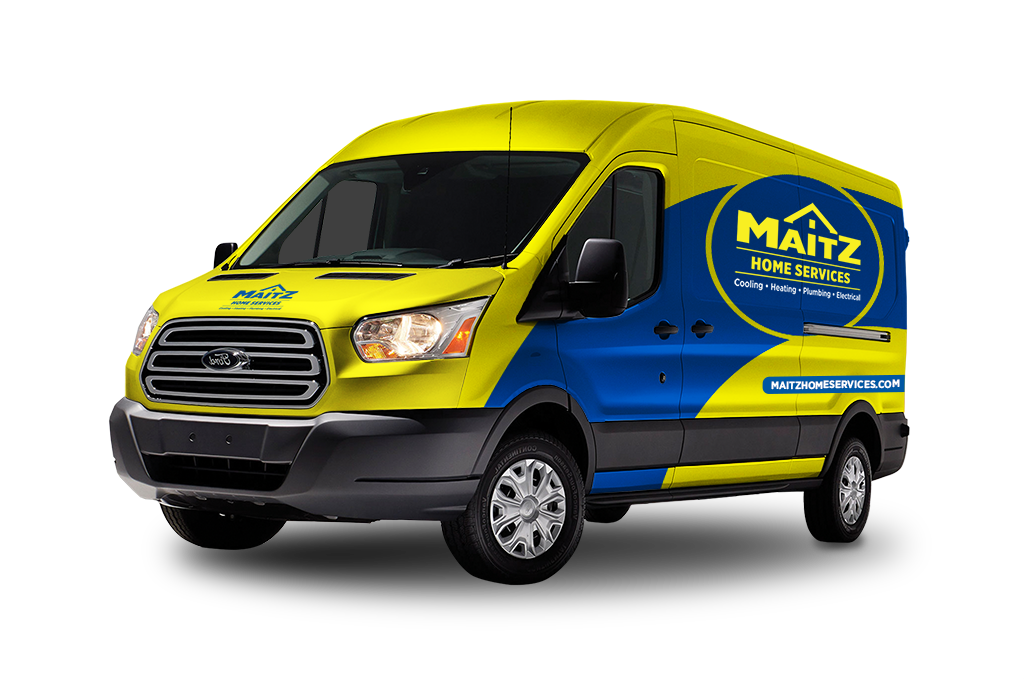
As the popularity of electric vehicles (EV) continues to rise, understanding the basics of EV charging becomes increasingly important, especially if you currently own or plan to own an electric vehicle. This knowledge enhances your EV experience and ensures you make informed decisions about your vehicle’s maintenance and usage.
AC (Alternating Current) and DC (Direct Current) charging are the primary electric vehicle power methods. Each method has its unique features and benefits.
Both have their place in the EV ecosystem. Your choice will depend on your driving habits, vehicle specifications, and access to charging facilities. This guide will explore the pros and cons of AC and DC charging, helping you determine which is better for your specific EV needs.
AC Charging
AC power, or Alternating Current, is an electrical current in which the flow of electric charge periodically reverses direction. Invented by Nikola Tesla and popularized by George Westinghouse, AC power is the standard form of electricity for household and commercial use. AC power is characterized by its ability to easily change voltage levels, making it ideal for long-distance power transmission.
AC power is generated by power plants and distributed through the electrical grid, a network of power stations, transformers, and cables. This form of electricity powers most of your household appliances, from lights and TVs to refrigerators and air conditioners. The versatility and efficiency of AC power make it a staple in everyday life.
In the context of EVs, AC charging refers to using this alternating current to recharge your electric vehicle. This process typically involves an onboard charger within the EV that converts the AC power from the grid to DC power to charge the vehicle’s battery. AC charging is a slower process compared to DC charging but offers significant benefits. It’s used in home EV charging stations due to its accessibility and convenience. Most EV owners will charge their vehicles overnight using AC power, providing a full charge ready for the next day.
DC Charging
DC power, or direct current, is the type of electrical current where the electric charge flows in only one direction. It was initially more popular during the early years of electricity, championed by Thomas Edison. Unlike AC, DC power maintains a constant voltage, which makes it ideal for specific applications.
DC power is commonly used in electronic devices like laptops, smartphones, and other battery-operated gadgets. These devices utilize DC power because it’s stable and consistent, essential for sensitive electronics. DC is also used in industrial applications and for power storage, like batteries and solar power systems.
DC charging involves using direct current to charge the battery in electric vehicles. This method bypasses the car’s onboard charger, allowing for much faster charging times. DC charging stations are typically found in public charging facilities and are crucial for long-distance travel. They provide a quick and efficient way to recharge an EV’s battery, reducing charging time compared to AC charging. This rapid charging capability is a key advantage of DC charging, making it an essential component of the EV infrastructure, especially for drivers needing to recharge quickly while moving.
However, due to the high costs and technical requirements, DC charging stations are less common as home installations. This makes them more of a complementary solution to the prevalent AC vs DC EV charging landscape.

How Your EV Handles AC and DC Power
This section explores how your EV interacts with these two forms of power and what it means for your charging experience.
Efficiency and Charging Times
AC charging, typically used at home EV charging stations, is known for its convenience rather than speed. It relies on the EV’s onboard charger to convert AC power from the grid to DC power for the battery. This conversion process takes time, making AC charging slower. A full charge can take anywhere from overnight hours, depending on your EV’s battery capacity and charger specifications.
DC charging, on the other hand, offers significantly faster charging times. DC power is supplied directly to the EV’s battery without conversion. This method can charge an EV battery to 80% in as little as 30 minutes, depending on the charging station’s power output and the vehicle’s charging capability. However, it’s important to note that frequent use of high-powered DC charging can affect battery health over time.
Affordability
In terms of installation and operation, AC charging is more affordable. Home charging setups predominantly use AC power due to the lower installation costs and the electricity rates for residential use. In contrast, DC charging stations are more expensive to install and maintain, often reflected in higher costs per charge when using public DC fast-charging stations.
Safety
Both AC and DC charging systems are designed with multiple safety features. However, the complexity and high power of DC charging stations require more robust safety mechanisms. This is one reason why they are more commonly found in commercial or public settings rather than in homes.
Accessibility
AC charging stations are widely accessible, particularly for home use. Many EV owners choose to install a dedicated charging station at their residence. Public AC charging points are also increasing, often found at workplaces, shopping centers, and public parking areas.
DC charging stations are strategically placed in public locations to support long-distance travel. These are often found along highways, in urban centers, and near amenities like restaurants and shopping areas. While less common than AC charging stations, the network of DC fast chargers is rapidly expanding to meet the growing demand of EV users.
Maitz EV Charging Installation Services
Maitz is a reliable and expert choice in the Allentown, PA area. We offer comprehensive EV charger installation. Our team of professionals is well-versed in the latest EV charging technologies, ensuring that your installation is efficient and safe.
We understand that EV charging involves complex electrical systems, and our electricians are trained to handle these installations with the utmost care. You can be confident that your EV charging station will be installed to the highest standards, complying with all local codes and regulations.
Serving the Allentown, PA area, Maitz Home Services is well-acquainted with the local community and its specific needs. We pride ourselves on providing personalized service, understanding that each homeowner and EV owner has unique requirements. Whether you’re new to EVs or looking to upgrade your current charging setup, our team can offer some insightful advice and practical solutions. Book an appointment online today!

